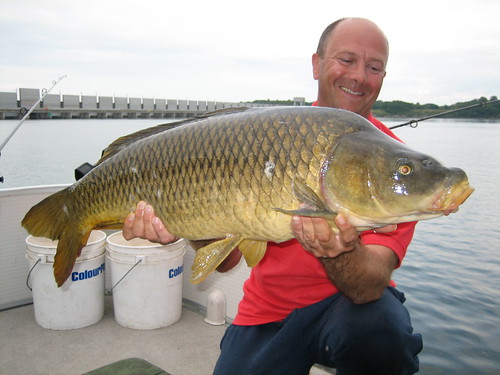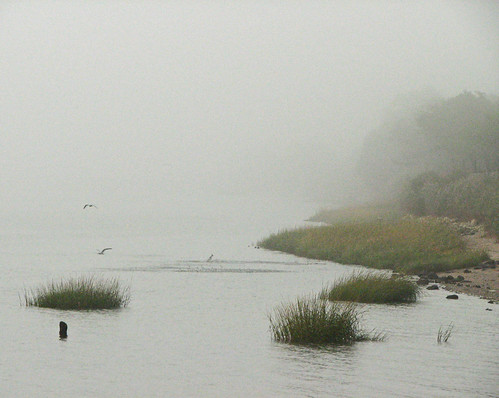Folks who love the outdoors often find themselves specifically drawn to the water. What is a better way to enjoy the sea with a hobby like fishing than going out and doing it? Keep reading for tips on how to help you fill your creel.
A great tip that all fisherman could use is to wear clothing similar to their surroundings. Although fish can not see well, they can see colors, and you can easily scare them if you are wearing bright clothing. Use neutral tones that blend into a natural background.
Always use proper safety when fishing from a boat and do not exceed the maximum weight threshold of your vessel. You do not want to tip the boat, which can cause a catastrophe if you are out in deep water. Stay below the capacity in order to maintain a high level of safety.
River Fishing
Look for deep-water areas. When river fishing, always look an area that has the deepest water. Fish usually congregate in these types of areas. Large rocks or overhanging ledges are also favored spots. Once your trial and error helps you discover a good river fishing spot, make a note of it for future trips.
Grubs are some of the best lures to catch bass with. You may catch some large fish with these tiny grubs. They are often used as bait for smallmouth bass but may also catch largemouth bass as well. They work extremely well for catching fish in highland reservoirs that do not have much brush or other coverage.
Familiarize yourself with the local rules and regulations of your intended fishing spot. Some areas may not permit you to fish in specific rivers or lakes, while others may have banned specific kinds of bait. Contact the local government to find out the rules and regulations of the area.
Don’t just tie your hook to your line haphazardly; utilize the improved clinch knot. Put the fishing line through the hook and turn it five times. Then you take the end of the line and put it through the hole of the first coil. To finish the knot, tightly pull the end of the line through the loop.
When you are planning your fishing trip, always make sure you have a sharp knife in your tackle box. A knife is very important, and if you forget to bring it, it will seriously hamper your fishing experience. Make sure your fishing knife is high quality, rust resistant, and sharp.
Wet the line before tying a knot. A wet line means less opposing friction as you are tying the knots. You can use either the clinch knot or, if you prefer, try the double fisherman’s knot.
Take seasickness medication so you don’t risk becoming seasick on your deep sea fishing excursion. There is nothing worse than being stuck out in the middle of the ocean for hours on end with a nauseous stomach. Remember that being sick can really wreck your trip, so always try to keep some medication around just in case you need it.
When you need a net to bring your fish in, try to get it to swim head first into the net. Doing this will minimize the amount of movement from the fish, making it much less likely that it escapes from your net. It is preferable to fish without a net unless absolutely necessary.
Fishing is one of the most ancient hobbies in the world. Every culture, race and nationality enjoys fishing; it is as popular today as it was in Biblical times. Utilize the information you’ve learned here to become a better fisherman and ultimately catch more fish.



